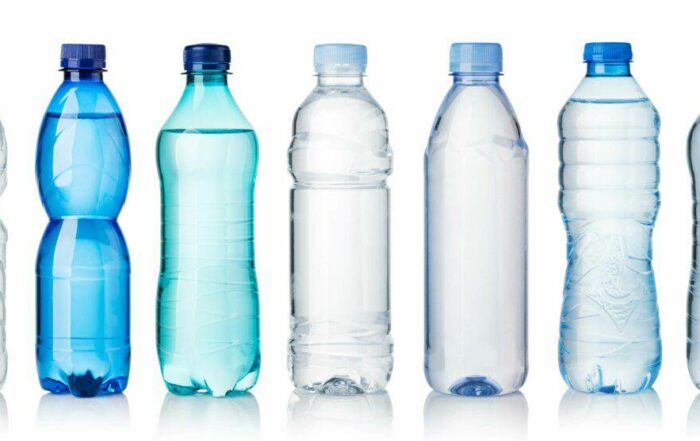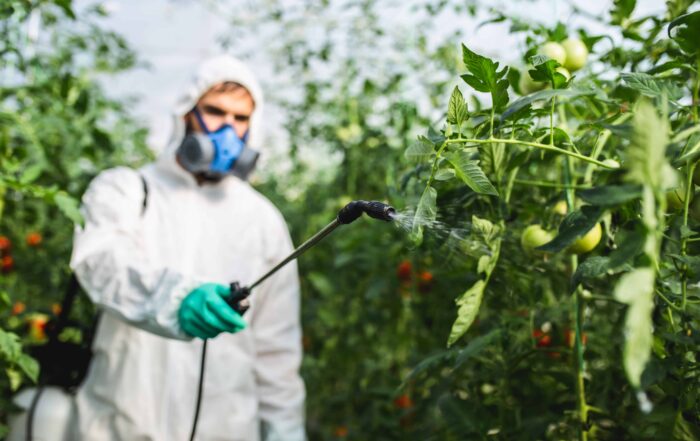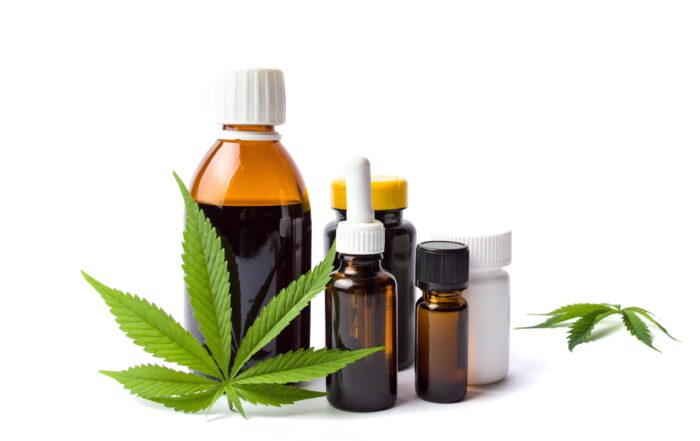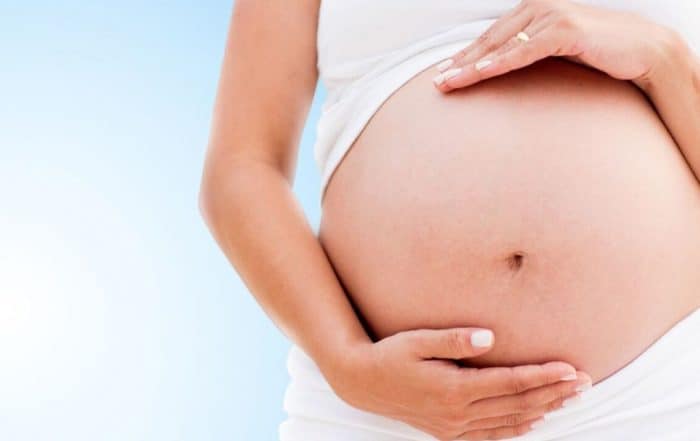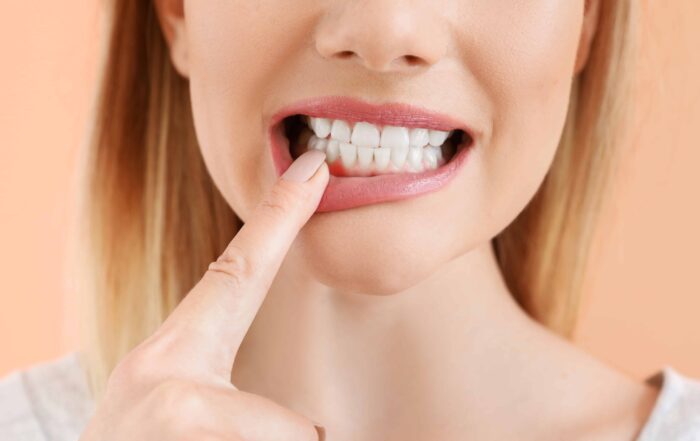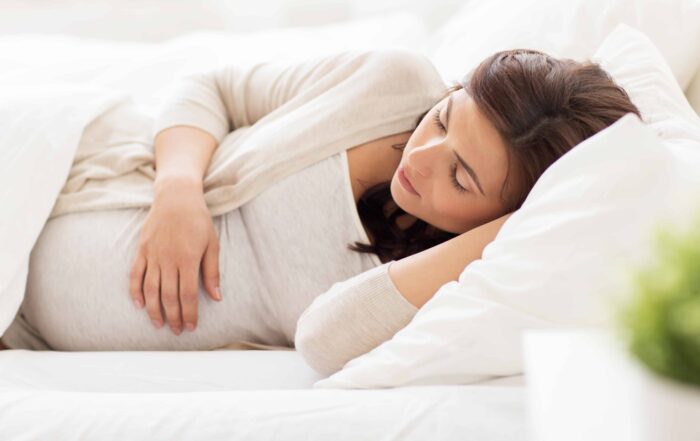About the speaker:

Take the knowledge quiz
Can’t see the quiz below? Take it online HERE
New research points to alterations in BPA excretion pathway in children with autism, ADHD
Children with autism spectrum disorders (ASD) may have a reduced ability to detoxify the chemical bisphenol A (BPA), according to new research. BPA is an industrial “plasticizer” used in plastic water bottles, food
Animal study adds to evidence of link between pyrethroids and autism
A new animal study adds to evidence that prenatal exposure to common insecticides called pyrethroids may increase the likelihood of a child developing autism or another neurodevelopmental disorder. Melissa Curtis and colleagues,
Prenatal exposure to cannabis may increase likelihood of autism
Cannabis use during pregnancy may alter placental and fetal DNA methylation (the process of turning genes “on” and “off”) in ways that increase the likelihood of autism spectrum disorder (ASD) or other
Gestational Influences and Autism
Dr. Judy Van de Water, Ph.D., explores the role of gestational factors in the development of autism. She explains how maternal immune activation, antibody patterns, and immune markers play significant roles in neurodevelopment
Could treating moms’ periodontal disease lower odds of autism?
Mothers who receive periodontal treatment during pregnancy may reduce the odds of their children developing autism spectrum disorders (ASD), according to a new study. Carl Bose and colleagues collected data on 306
Two studies indicate that autoantibodies in maternal blood may provide diagnostic clues in autism
Certain patterns of proteins in the blood of pregnant women may help to predict one type of autism spectrum disorder (ASD) in children, according to two new studies. Both studies focused on


